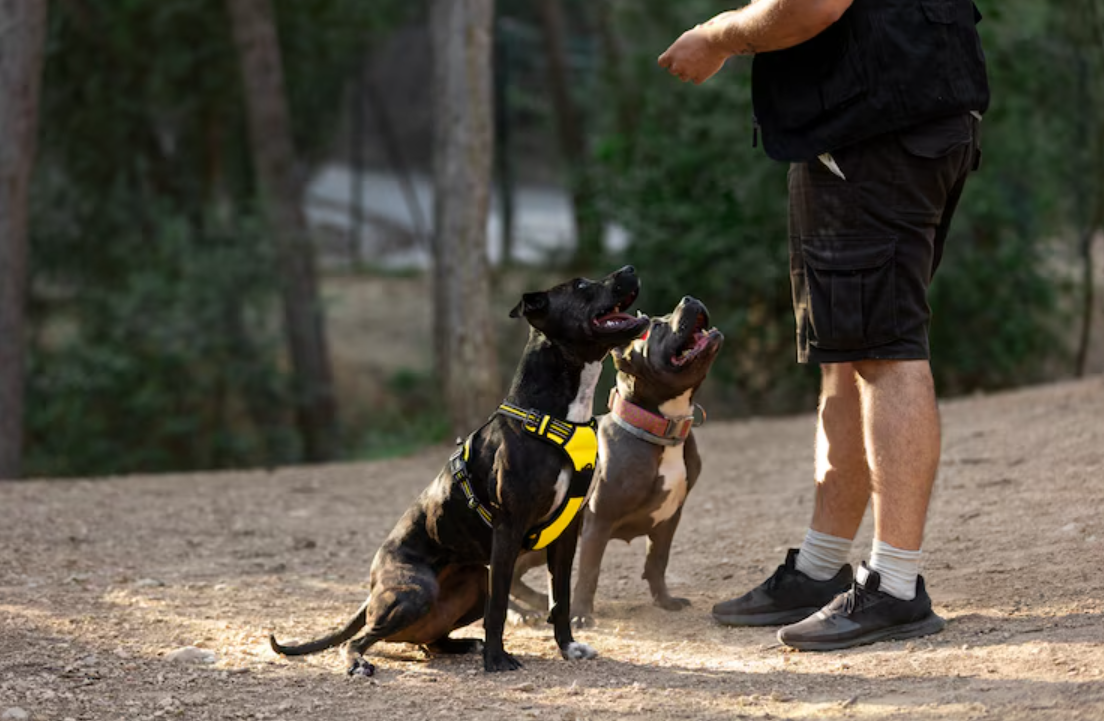“A Hit Dog Will Holler” explores social justice and personal accountability. The story delves into the complexities of activism.
This engaging narrative offers a vivid portrayal of modern activism, emphasizing the importance of personal responsibility. Set in a contemporary backdrop, the characters navigate the challenges of advocating for social justice. The story’s unique approach provides readers with an insightful look into the personal struggles and triumphs of activists.
This makes it highly relatable and thought-provoking. By focusing on individual experiences, the narrative underscores how personal actions can contribute to broader societal change. The compelling storyline and well-developed characters ensure that “A Hit Dog Will Holler” resonates deeply with its audience, sparking conversations about the role of personal accountability in activism.
Origins Of The Phrase
The phrase “A hit dog will holler” means someone will react when affected. It has been used for centuries. People often use it in arguments. It suggests guilt or being affected. The phrase is popular in the Southern United States.
This phrase has deep cultural roots. It is often used in African American communities. The phrase is part of oral traditions. These traditions pass down wisdom through generations. People use it to convey truth in a simple way.
Meaning And Interpretation
The phrase “A Hit Dog Will Holler” comes from an old saying. Literally, it means that a dog will yelp if it gets hurt. Figuratively, it means that people often show their guilt when they are accused. This saying suggests that reactions can reveal the truth.
Many people think this phrase only applies to dogs. But it is more about human behavior. Some believe it means dogs always bark when hit. This is not true. The phrase is more about how people react to guilt or accusation. Understanding this can help in everyday life.
Usage In Popular Culture
The phrase “A Hit Dog Will Holler” appears in many movies and TV shows. Characters use it to express that guilty people often react the strongest. Directors and writers like its impact. It adds drama and depth to scenes. Au diences quickly understand the meaning. It makes the dialogue memorable.
diences quickly understand the meaning. It makes the dialogue memorable.
Authors and songwriters also love using this phrase. It finds its way into many books and songs. Writers use it to reveal a character’s guilt. Songwriters use it to add emotion and storytelling. It resonates with readers and listeners. The phrase fits well in many contexts. It enhances the message of the work.
Psychological Insights
People react emotionally when they feel hurt. The saying “A hit dog will holler” explains this. It means those affected will show their pain. Emotions like anger, sadness, and frustration come up. These reactions are strong and visible. They can affect how people behave and think. Understanding this helps in dealing with emotional situations better.
Behavior changes when someone is hurt. They may act out or withdraw. Patterns of behavior can show how someone feels inside. Some may yell or cry, while others stay silent. Recognizing these patterns helps in understanding their feelings. This knowledge is useful in many aspects of life.
Social And Political Implications
Public discourse shapes our society. People share their opinions on social media. Debates happen on TV and radio. Community meetings also offer a platform. These conversations influence public opinion. They can lead to policy changes. Public discourse is a key part of democracy.
Activism and advocacy play vital roles. They push for social change. Activists organize protests and campaigns. They aim to raise awareness. Advocacy groups lobby for new laws. These efforts often bring attention to important issues. Activism can inspire others to take action. Together, they can make a significant impact.
Comparative Phrases
“A hit dog will holler” means guilty people often react. Another saying is “The pot calling the kettle black.” This means a person is accusing someone of a fault they also have. “People in glass houses shouldn’t throw stones” suggests you shouldn’t criticize if you’re not perfect. “The proof is in the pudding” means you can judge something by its results. “Bite the bullet” means to face a painful situation bravely. Each phrase has a unique meaning but they share common themes.
Different cultures have unique sayings. In Japan, “The nail that sticks out gets hammered down” means people who stand out get criticized. In Spain, “A buen hambre no hay pan duro” means when you’re hungry, any food tastes good. In Russia, “No matter how much you feed the wolf, he keeps looking at the forest” suggests some habits never change. Each saying reflects cultural values and wisdom.
Modern-day Relevance
Social media makes it easy to share opinions. People react quickly to posts. This can cause a rguments online. Controversial topics get a lot of attention.Public figures often get criticized. They must respond wisely. Social media can spread messages fast. This can be both good and bad.
People often use the phrase “A hit dog will holler” in daily talks. It means someone guilty will react loudly. This can be seen in many situations. Friends use it to point out guilt. Families use it during arguments. It helps to understand reactions.
Criticism And Controversy
People often argue about the meaning of “A Hit Dog Will Holler.” Some think it shows guilt. Others believe it means something different. These debates can get very heated. Many people have strong opinions on this saying.
Some feel the phrase is unfair. They argue it can be used to accuse people wrongly. This causes many disagreements. Different cultures may understand it in different ways. The phrase can be confusing to some.
Using this phrase can raise ethical questions. It may hurt feelings or cause misunderstandings. People should think before using it. The phrase can label someone without proof. This can be dangerous and unfair.
Ethics in communication is very important. Words can have a big impact. People must use phrases wisely. This ensures fair and respectful conversations.
Another Post: Why Do Dogs Wink at You
FAQ
What Does “a Hit Dog Will Holler” Mean?
The phrase means those who are guilty often react the most.
Where Did The Phrase Originate?
It originated from African American vernacular, used to describe defensive reactions to criticism.
How Is The Phrase Used Today?
It’s used to highlight defensive behavior when someone feels attacked or guilty.
Conclusion
Understanding the phrase “A Hit Dog Will Holler” highlights the importance of self-awareness. It’s a reflection on reactions and accountability. Recognizing this can lead to personal growth. Embrace the lessons it offers. Always strive for better understanding and communication. This wisdom can transform interactions and relationships.

